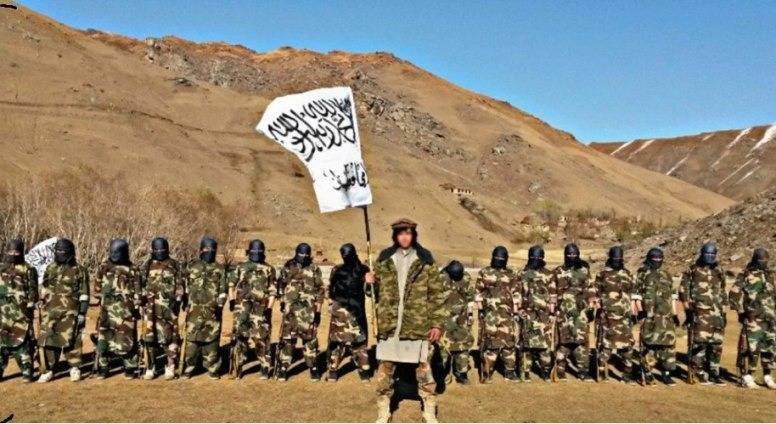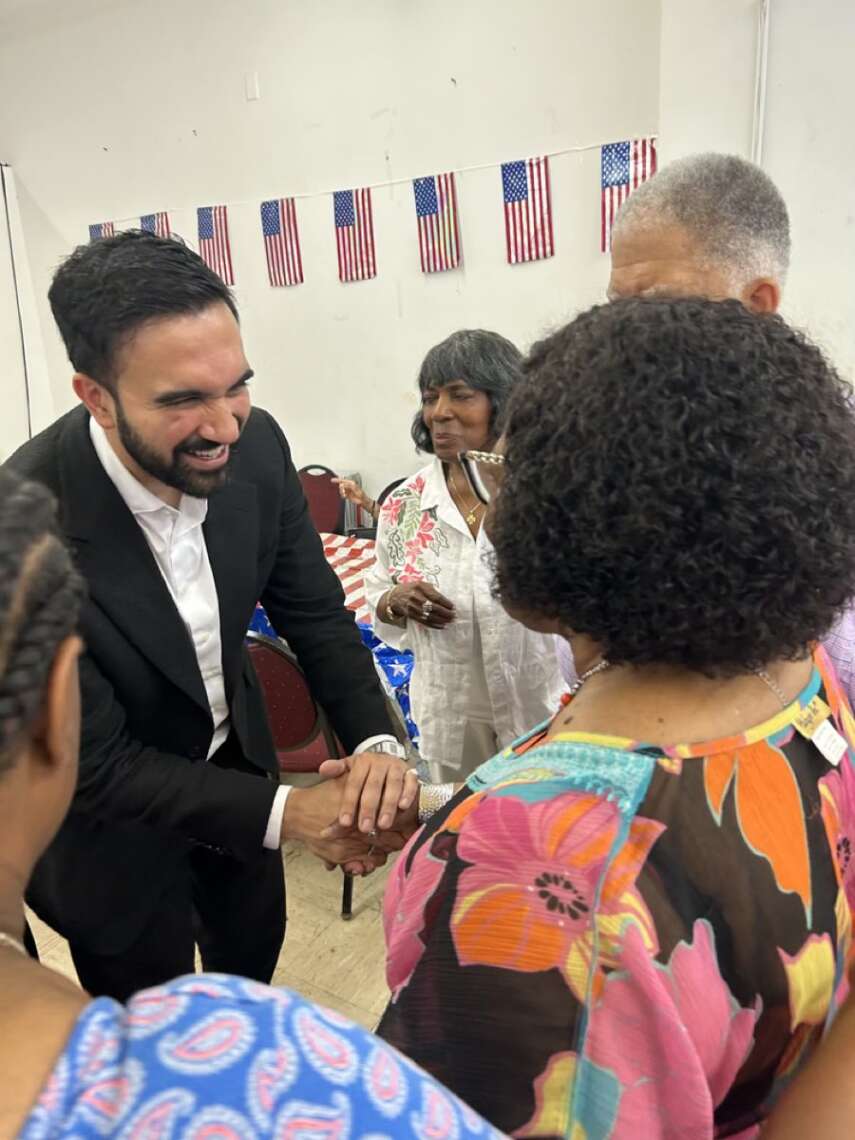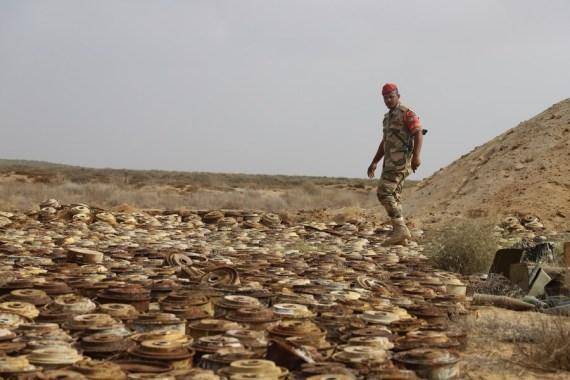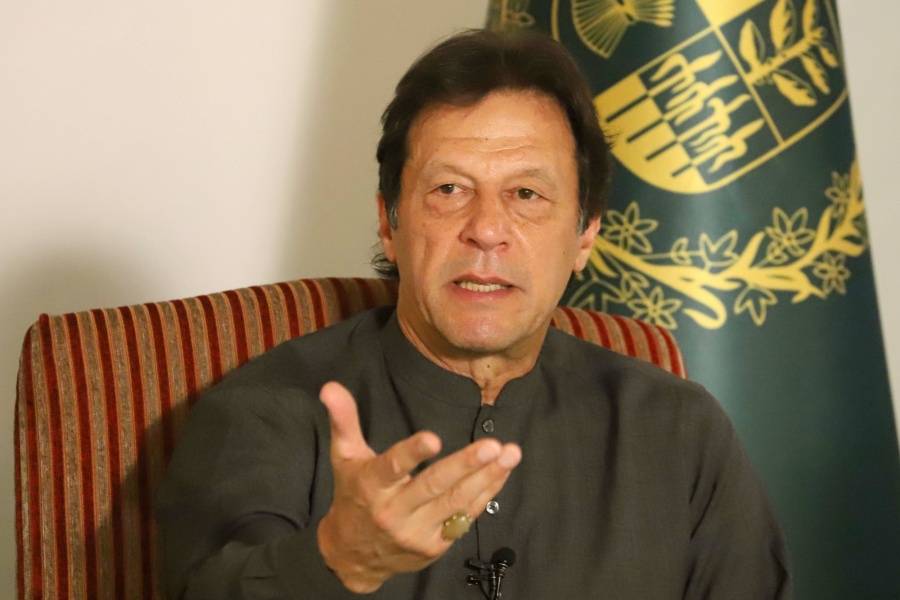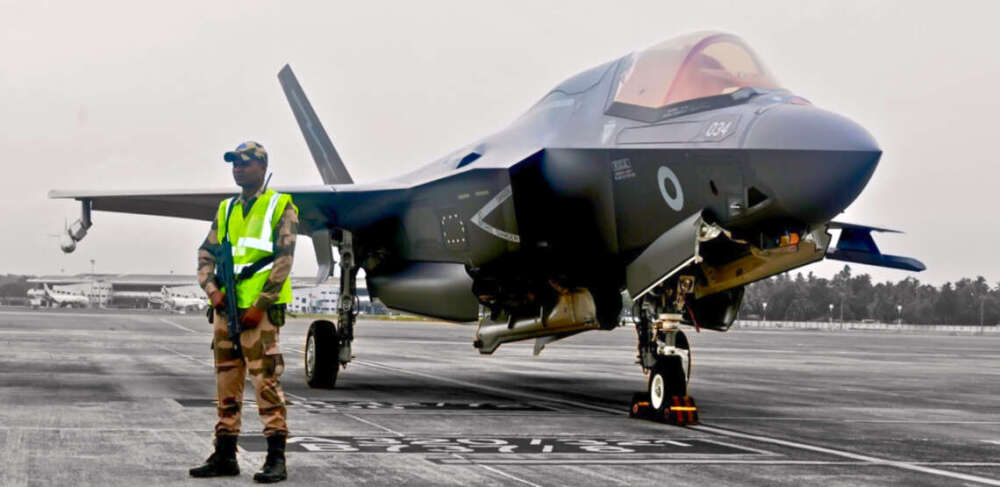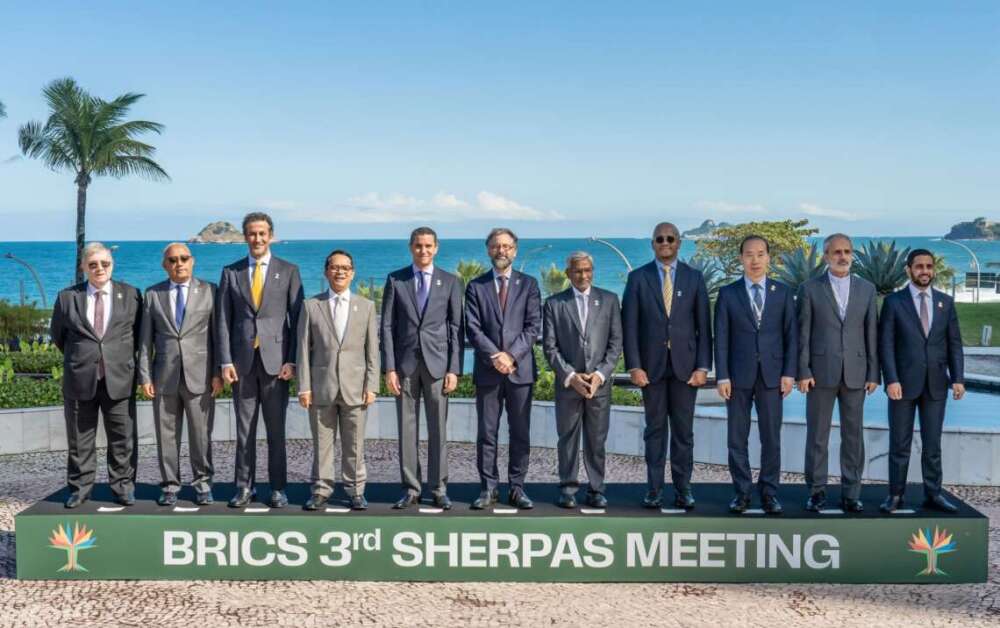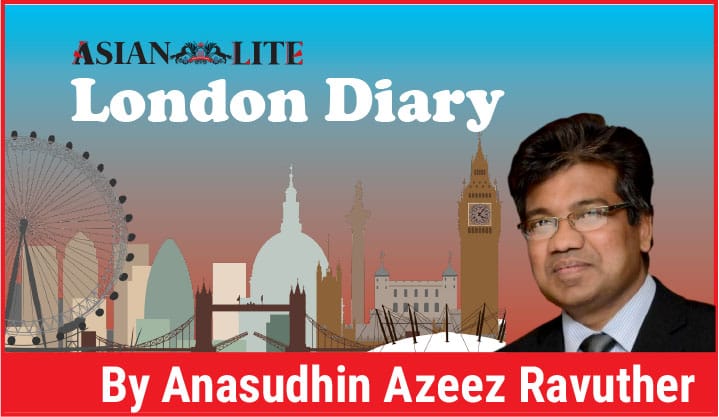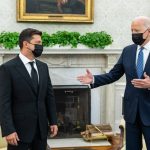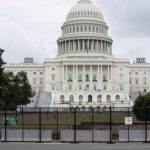Ryan Crocker says the hardline group is being smart by not launching major strikes into Kabul and looking for a long haul, reports Asian Lite News
A prolonged civil war in Afghanistan is more likely than a rapid Taliban takeover as the United States’ full military withdrawal nears, Washington’s former ambassador to Kabul said.
The insurgents have snatched five provincial capitals since Friday in a lightning offensive, almost a month before the 20th anniversary of the September 11 attacks that sparked the American-led invasion.
“A prolonged civil war is a more likely outcome than a swift Taliban takeover of the entire country. They’re being very smart about this. They’re not launching major strikes into Kabul,” former US ambassador to Afghanistan, Ryan Crocker, told ABC’s “This Week”.
Kunduz, Sar-e-Pul and Taloqan in the north fell within hours of each other Sunday, lawmakers, security sources and residents in the cities confirmed.
Kunduz is the most significant Taliban gain since the insurgents launched an offensive in May as foreign forces began the final stages of their withdrawal.
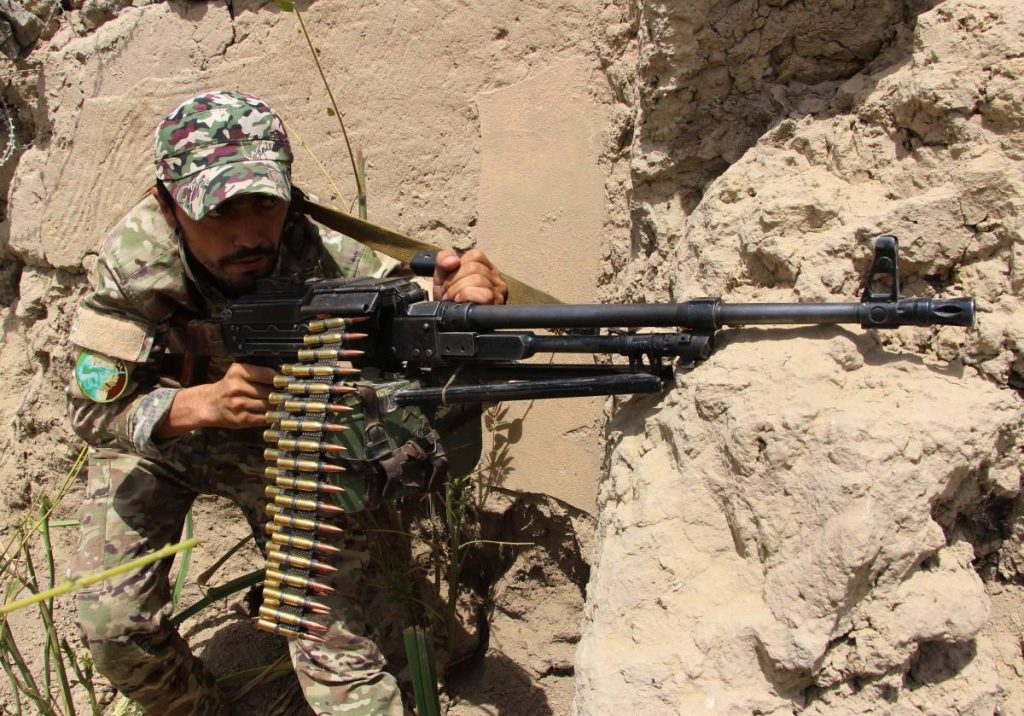
It has been a perennial target for the Taliban, who briefly overran the city in 2015 and again in 2016 but never managed to hold it for long.
“They’re doing what they’re doing in part to create a climate of fear and panic. They are succeeding wonderfully,” Crocker added, referring to the Taliban.
The withdrawal of foreign forces is due to finish at the end of this month and Crocker said he could not see any circumstance under which the United States would send its troops back.
“President (Joe) Biden has made that clear. We’re going out and are staying out,” the diplomat added. “He owns it. It’s already an indelible stain on his presidency.”
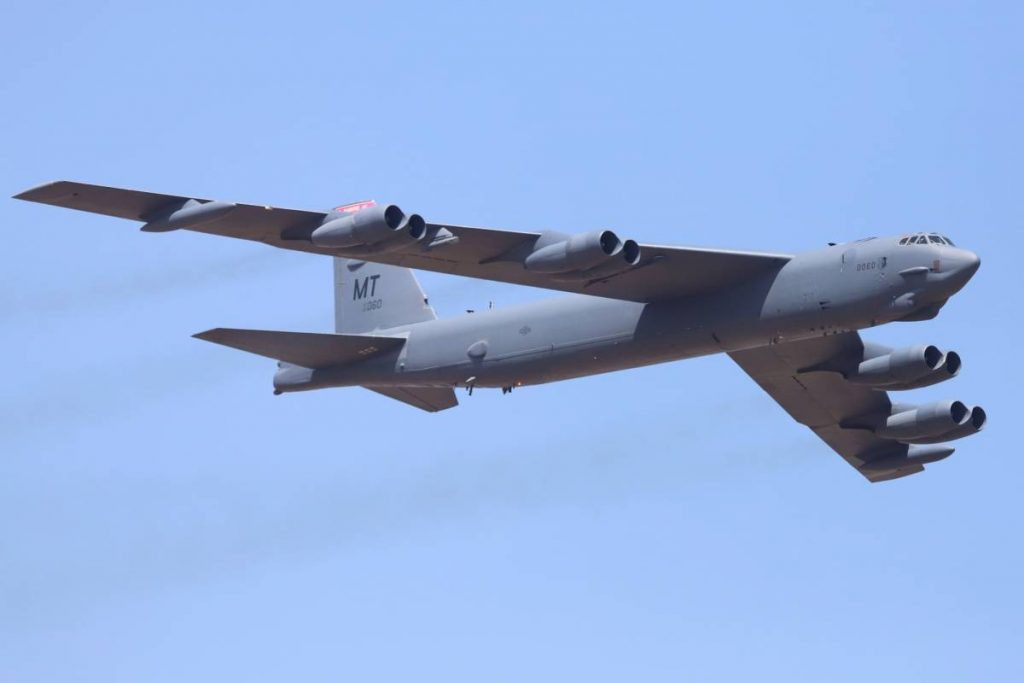
US deploys B-52 bombers
Meanwhile, Washington has sent its B-52 bombers and Spectre gunships to Afghanistan to stop the advancement of Taliban insurgents. According to UK-based The Times, the bombers are flying into Afghanistan from an airbase in Qatar, hitting targets around Kandahar, Herat and Lashkar Gah.
The move comes following Taliban’s offensive in Afghanistan, seizing more territory – this time in the northern part of the country – including the city of Kunduz. Taliban forces mostly overran the provincial capital city of Sar-e-Pul, also in the country’s north, marking another loss for the government amid a series of unprecedented advances by the insurgent group.
Taliban’s actions have been criticised by the western powers as well as by people who are against the violence. Protests have been held in many cities across the world, in which people have sought United Nations’ intervention and denounced Pakistan for supporting the insurgent group.
At one such protest by Afghan citizens in Germany on Saturday, civil society activist Abdul Bari Samandar slammed Pakistan’s proxy war through Inter-Services Intelligence (ISI). The protest was organised as a Pakistani terrorist was arrested by Afghan commando forces in the outskirts of Ghazni provincial centre. He was involved in terrorist activities and the killing of civilians.
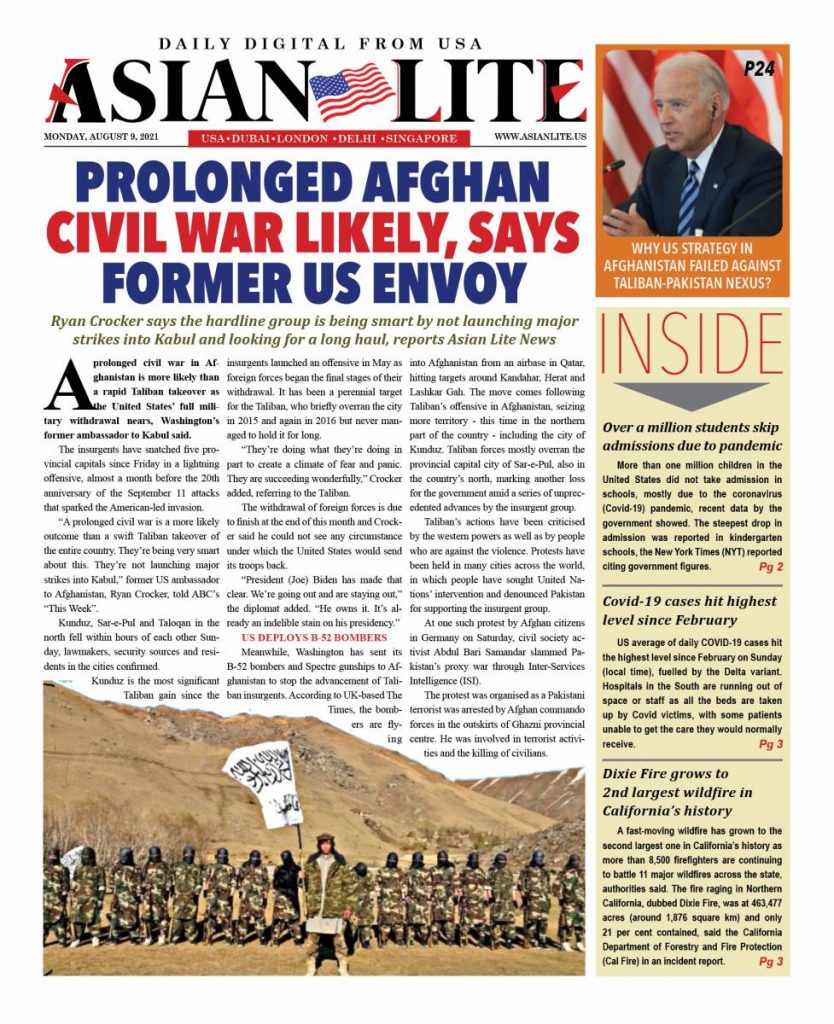
The Taliban, meanwhile, said that all parts of the city of Kunduz were under its control, adding that it had also seized armoured vehicles, weapons and military equipment.
Videos on social media showed huge amount of arms and ammunition seized by Taliban from security forces and house of Marshal Abdul Rashid Dostum in Jawzjan province. One of the videos shows Taliban fighters loading guns, including AK-47, and other weapons looted from Dostum’s house into a vehicle in Khawja Do Koh district.
The former vice president last week returned from Turkey, where he was believed to be receiving medical treatment. Dostum has overseen one of the largest militias in the north (Northern Alliance) along with Ahmad Shah Massoud who was considered as Sher-e-Panjshir, which garnered a fearsome reputation in its fight against the Taliban in the 1990s.


